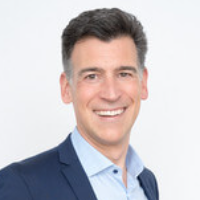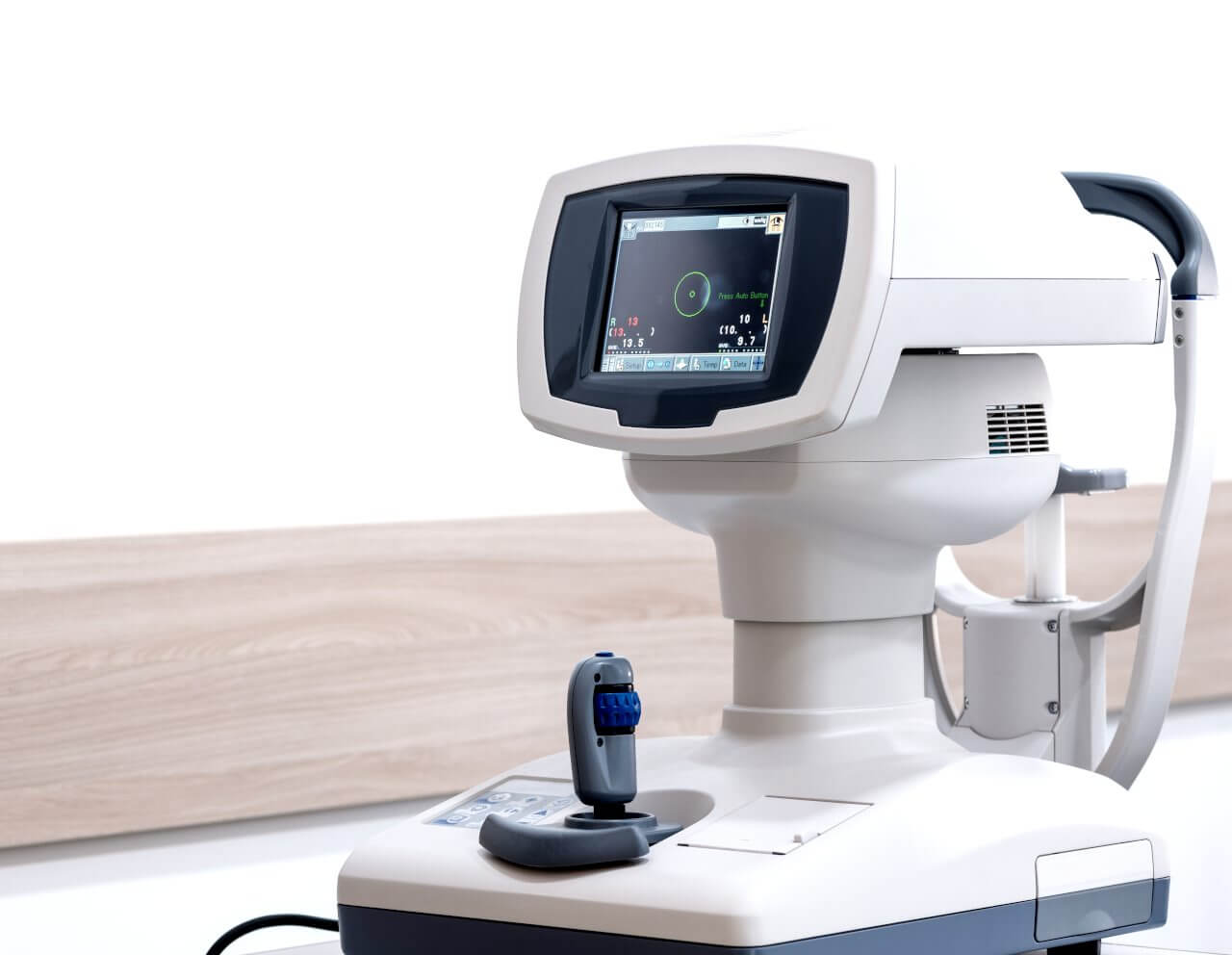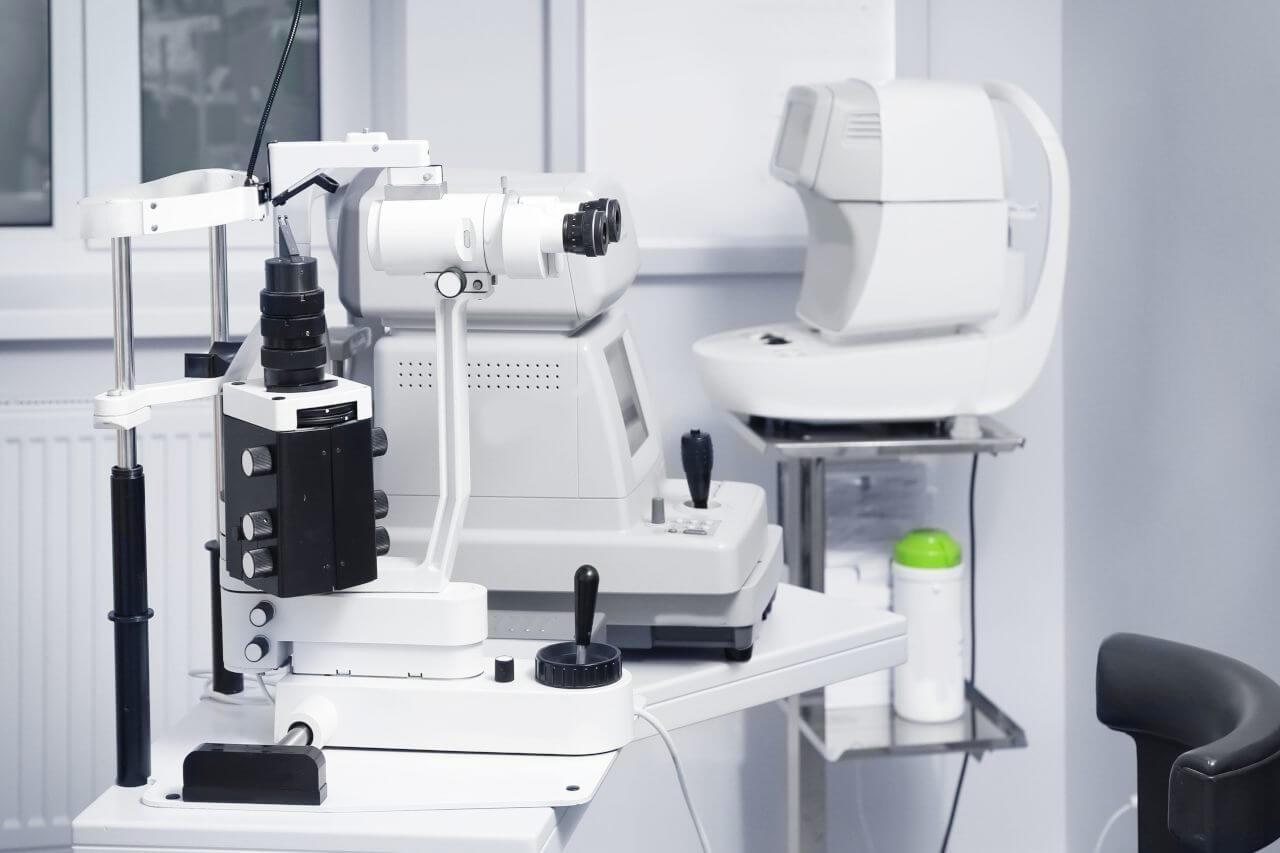
The program includes:
- Initial presentation in the clinic
- clinical history taking
- review of medical records
- physical examination
- laboratory tests:
- complete blood count
- biochemical blood test
- inflammation markers (CRP, ESR)
- blood coagulation analysis (aPTT, PT, INR)
- ophthalmologic examination:
- slit lamp examination
- pupil examination
- ocular motility examination
- ophthalmoscopy
- perimetry (visual field test)
- visometry (without correction and with correction)
- keratometry
- pachymetry
- refractometry
- non-contact tonometry
- fluorescein angiography (if indicated clinically)
- optical coherence tomography OCT (if indicated clinically)
- doppler ultrasound of the retinal vessels
- testing for optic nerve damage
- nursing services
- consultation of related specialists
- treatment by chief physician and all leading experts
- explanation of individual treatment plan
Required documents
- Medical records
- Ultrasound of the eye (if available)
Service
You may also book:
 BookingHealth Price from:
BookingHealth Price from:
About the department
The Department of Adult and Pediatric Ophthalmology at the Eye Clinic Roth Bonn provides the full range of medical services in its area of specialization. The primary focus of the department's clinical activities is laser and microsurgical interventions on the eye apparatus. The department's doctors most often operate on patients with cataracts, glaucoma, age-related macular degeneration, retinal diseases, and vitreous pathologies. The department also successfully performs laser surgery for secondary cataracts, glaucoma, and retinal pathologies. In addition, the medical facility has impressive experience in refractive surgery and eyelid surgery. The department offers patients advanced diagnostic rooms equipped for performing optical coherence tomography (including OCT angiography), fundus autofluorescence, pachymetry, corneal topography, optical biometry, endothelial microscopy, and other tests. The optimal type of treatment is prescribed individually, based on the results of a comprehensive eye examination. The department's specialists use their experience and expertise to restore patients' vision so they can see the world in vivid colors again. The Head Physician of the department is Dr. med. Felix Roth.
A large proportion of surgical interventions performed in the department are cataract surgeries. This disease is associated with partial or complete clouding of the lens. The lens acts as an anatomical lens responsible for the refraction of light rays and their projection onto the retina. As a result of cataracts, visual acuity decreases, and if left untreated, a person faces blindness. The development of cataracts is often caused by age-related changes. If this disease is suspected, the patient undergoes a diagnosis that includes biomicroscopy of the eye using a slit lamp, examination of the fundus, intraocular pressure measurement, visual acuity assessment, and visual field testing. Conservative methods for cataracts are ineffective, so sooner or later the patient will have to decide on a surgical procedure. The best therapeutic results can be achieved by ultrasound phacoemulsification, which is considered the "gold standard" for cataract treatment throughout the world. At the first stage of the operation, the ophthalmologist makes a micro-incision measuring 1.8 mm, after which the specialist turns the clouded lens into an emulsion using ultrasound and removes it from the eye with a special suction device. At the second stage of the surgical intervention, an intraocular lens is implanted in place of the removed lens through the same micro-incision, ensuring normal refraction of light rays. The duration of the operation is 15-20 minutes. Ultrasound phacoemulsification is well tolerated.
Several months or even years after ultrasound phacoemulsification, there is a risk of developing secondary cataracts. The pathological condition provokes darkening and thickening of the lens capsule, resulting in a repeated, gradual deterioration of vision. In such situations, the department's ophthalmologists offer patients laser treatment, such as YAG laser capsulotomy. This treatment method is absolutely safe and comfortable. Laser capsulotomy is performed on an outpatient basis.
Patients with glaucoma are often operated on in the department's operating rooms. Glaucoma is a severe, progressive disease in which intraocular pressure increases and the optic nerve is affected. If the patient does not receive timely medical attention, there is a high risk of developing irreversible blindness. When examining patients with suspected glaucoma, the department's doctors use innovative 3D Heidelberg retinal tomography, which allows for highly accurate assessment of pathological changes in the optic nerve and their comparison with previous diagnostic data. The task of ophthalmologists during the treatment of glaucoma is to normalize intraocular pressure. Whenever possible, eye drops are used for this, but this treatment option is not suitable for all patients. If glaucoma cannot be controlled with medication, the department's ophthalmologists consider surgery. The medical facility performs trabeculectomy, non-penetrating deep sclerectomy, iridotomy, laser trabeculoplasty, trabeculotomy, or goniotomy (in children). All operations are performed using laser and microsurgical techniques. The attending physician determines the optimal type of surgical procedure, depending on the specific clinical situation and type of glaucoma. In complex cases of glaucoma, the department's ophthalmologists offer treatment using cyclocryothermy or laser transscleral cyclophotocoagulation.
The treatment of age-related macular degeneration complements the department's therapeutic options. This disease affects the central part of the retina (macula), which may lead to blindness. Age-related macular degeneration usually develops after age 55. Diagnosis requires a comprehensive ophthalmological examination, including visual acuity testing, the Amsler grid eye test, visual field testing, fundus examination, optical coherence tomography, and fundus fluorescein angiography. Based on the diagnostic results, the department’s specialists determine the form of age-related macular degeneration (wet or dry) and begin to develop a treatment regimen. The treatment of the wet form of age-related macular degeneration involves intravitreal injections of anti-VEGF drugs. Intravitreal injections of Eylea®, Avastin®, and Lucentis® are most commonly used. The basic course of treatment includes 3-4 injections with an interval of 4-6 weeks. To slow down the progression of the dry form of age-related macular degeneration, antioxidants, vitamins A, C, and E, lutein, zinc, and other drugs are used.
The department's key areas of clinical practice include the following:
- Surgery for cataracts, including secondary cataracts and congenital cataracts in children
- Ultrasound phacoemulsification
- YAG laser capsulotomy for secondary cataracts
- Surgery for glaucoma, including congenital glaucoma in children
- Trabeculectomy
- Non-penetrating deep sclerectomy
- Trabeculotomy and goniotomy (in children)
- Laser iridotomy
- Selective laser trabeculoplasty
- Cyclocryothermy
- Laser transscleral cyclophotocoagulation
- Surgery for age-related macular degeneration
- Intravitreal injections of anti-VEGF drugs: Eylea®, Avastin®, and Lucentis®
- Surgery for retinal and vitreous diseases
- Pars plana vitrectomy
- Internal limiting membrane peeling
- Refractive surgery: correction of myopia, farsightedness, astigmatism, and presbyopia
- LASIK laser vision correction
- PRK/LASEK laser vision correction
- Intacs® implant placement
- Placement of implantable contact lenses (ICL)
- Placement of the ARTISAN implant
- Limbal relaxing incisions (LRI)
- BiOptics technique
- Monovision technique
- Implantation of multifocal IOLs
- Eyelid surgery
- Blepharoplasty for blepharochalasis, entropion, ectropion, and chalazion
- Other medical services
Curriculum vitae
Higher Education, Postgraduate Training, and Professional Career
- Medical studies, University of Bonn and University of Sydney (Royal Prince Alfred Hospital).
- Thesis defense, University of Bonn.
- Internships in Sydney (Australia) and Chennai (India).
- Preparation for board certification, Department of Ophthalmology, University Hospital Bonn.
- Research activities in the field of studying age-related macular degeneration.
- Board certification in Ophthalmology, Bonn (Germany) and Paris (France).
- Ophthalmic Surgeon (focus on ophthalmic surgery), Dr. Agarwal's Eye Hospital, Chennai, India.
- Director, Eye Clinic Roth Bonn.
Clinical Interests
- Surgery for cataracts.
- Surgery for glaucoma.
- Surgery for retinal diseases.
- Surgery for age-related macular degeneration.
- Refractive surgery.
Memberships in Professional Societies
- Fellow of the European Board of Ophthalmology (FEBO).
- Member of the Professional Association of Ophthalmologists in Germany (BVA).
- Member of the German Association of Ophthalmic Surgeons (BDOC).
- Member of the European Society of Cataract and Refractive Surgeons (ESCRS).
Photo of the doctor: (c) Augenklinik Roth
About hospital
The Eye Clinic Roth Bonn first opened its doors to patients more than 40 years ago and is now one of the best ophthalmology centers in Germany. The clinic's team of doctors is committed to providing effective medical care using the latest medical advances in the field of ophthalmology. The high professionalism and experience of the clinic's doctors, combined with state-of-the-art technical equipment, form a solid basis for providing comprehensive care to patients with eye diseases of any severity. The high quality of medical services is confirmed by the prestigious ISO 9001:2015 certificate.
The clinic's key area of specialization is the surgical treatment of ophthalmological diseases. The clinic’s doctors almost daily perform operations for cataracts, glaucoma, age-related macular degeneration, retinal diseases, vitreous pathologies, refractive errors, and eyelid diseases. The success rates of the surgical treatment are at a very high level, so every year more and more patients come to the clinic, including from abroad.
The Eye Clinic Roth Bonn has created a comfortable infrastructure for patients. Ophthalmologists devote sufficient time to personal communication with the patient and to a comprehensive diagnosis, which is the key to choosing the optimal treatment tactics. The clinic's specialists use the latest laser and microsurgical techniques to perform surgeries, ensuring excellent therapeutic results and a high level of treatment safety.
Photo: (с) depositphotos
Accommodation in hospital
Hotel
You may stay at the hotel of your choice during the outpatient program. Our managers will support you for selecting the best option.




